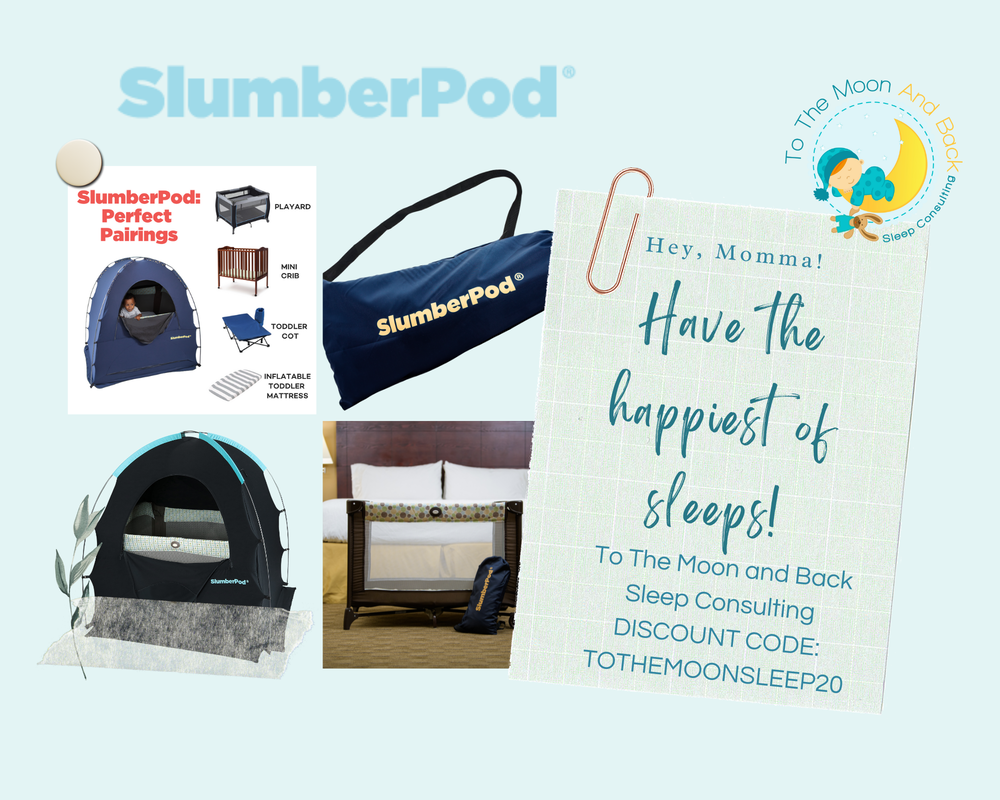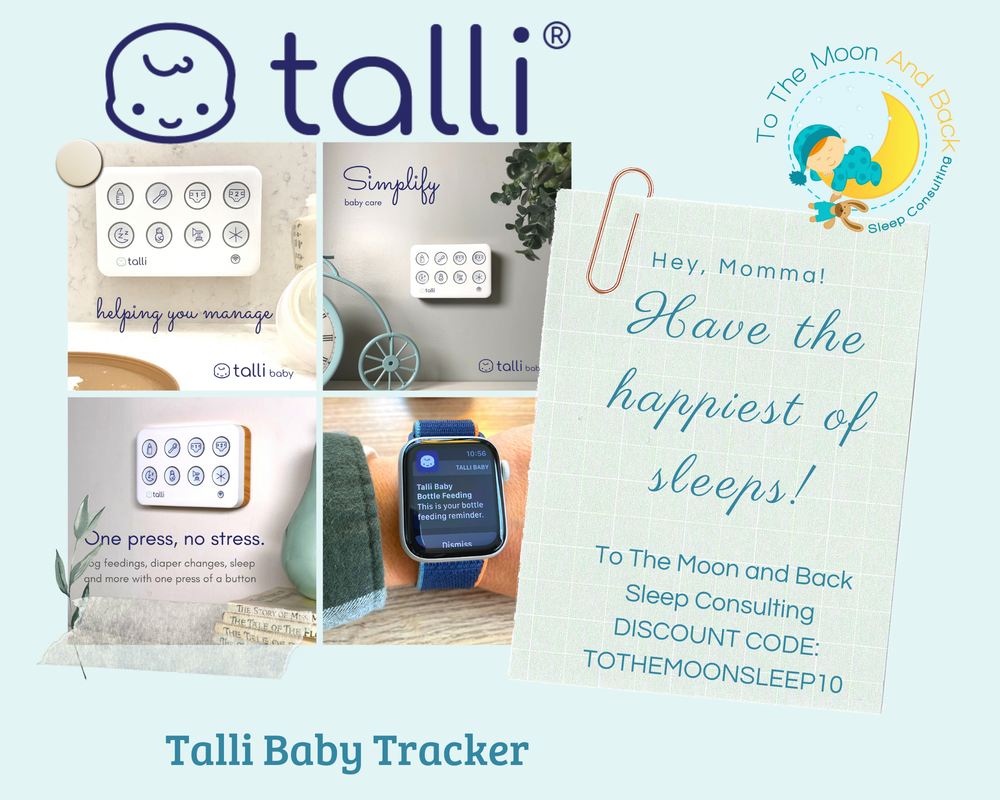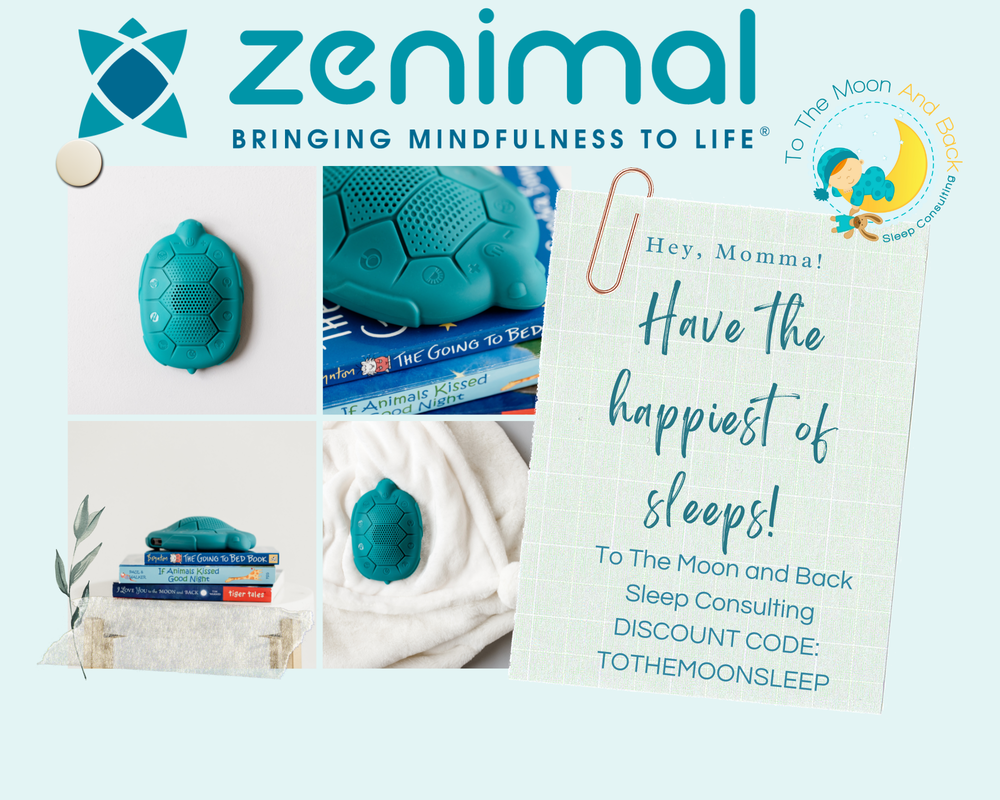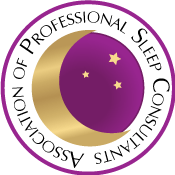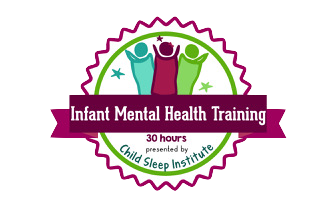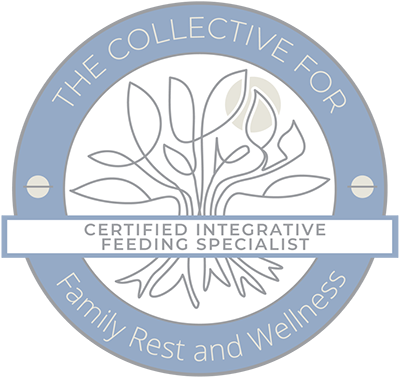|
Let me just throw a little disclaimer out in front of this post by saying that I’m neither a doctor nor a professional research scientist. I’m a sleep specialist with a fascination for all things sleep-related, and I follow the latest research and studies in the field. Typically when I write these posts, I like to rely on peer-reviewed studies that have been evaluated, replicated, and borne out conclusive evidence to support them, but today I’m focusing on something that’s a little on the speculative side, since it’s a relatively new theory, and it’s a super interesting one for anyone with a seemingly “restless” baby. Now, when a parent tells me they have a restless baby, I have a series of questions I tend to ask in order to determine whether it’s due to a “sleep prop.” That’s industry terminology for something that Baby’s grown dependent on in order to get to sleep. Breastfeeding to sleep, rocking to sleep, sucking on a pacifier, stroller rides, are all examples of these “sleep props.” And most of the time I find that, yes, that’s absolutely the problem, and we address it and things get significantly better in a few nights. I first heard mention of an interesting theory during the 2019 World Sleep Conference and was really interested to hear more about it, but didn’t want to write about it until a little more string had been played out in the research department. And even though it’s still too early to state anything unequivocally, I thought the time might be right to at least share what I’ve learned so far, so here goes... 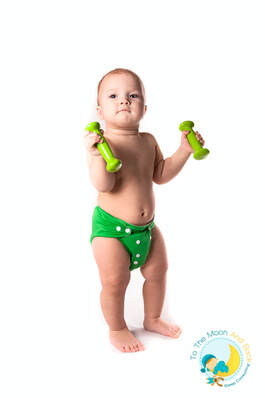 So we’re all familiar with iron, right? Everybody knows about iron, the essential mineral that helps red blood cells carry oxygen around the body. That function right there makes iron a downright essential component of our circulatory system and therefore our overall health. Iron deficiency, commonly known as anemia, also happens to be the single most common nutritional deficiency worldwide. The vast majority of those cases are in developing countries, but the numbers in North America and Europe are still alarmingly high. In the US alone, there are around 2.8 million visits to physicians annually where anemia is the primary diagnosis. So, in short, a LOT of people aren’t getting enough iron. Now, if you follow health news at all, you’ve also probably heard a lot about something called Restless Leg Syndrome (RLS) lately. If you’re not familiar, RLS, also known as Willis-Ekbom Disease, is exactly what it sounds like; a condition that makes your legs feel restless. People with RLS describe the sensation as an irresistible urge to move accompanied by uncomfortable sensations in their lower limbs. Standing up and moving their legs typically remedies the feeling almost instantly, but only temporarily. Symptoms occur more frequently when individuals are sleeping or lying down. RLS is also a bit of a mystery when it comes to its cause. According to the National Institute of Health, “In most cases, the cause of RLS is unknown. However, RLS has a genetic component and can be found in families where the onset of symptoms is before age 40. Specific gene variants have been associated with RLS. Evidence indicates that low levels of iron in the brain also may be responsible for RLS.” So now comes the big question… could those restless babies that I was talking about earlier possibly be suffering from some variety of Restless Leg Syndrome due to an iron deficiency? In a 2008 joint study from the Southern Illinois University and Carle Clinic Association, 1.9% and 2% of children and adolescents respectively were shown to have Restless Leg Syndrome. A 2020 study from the BC Children's Hospital Research Institute entitled Iron deficiency and sleep - A scoping review, found that iron supplementation was tremendously effective in treating a number of sleep disorders, including RLS. Sample sizes were small and the data collection process leaves a little to be desired, but it’s still a good indication that iron plays a big role in the quality of sleep. Unfortunately, diagnosing RLS isn’t an exact science. There are no markers or proteins to test for. It’s done by a doctor’s evaluation of the patient’s description of their symptoms, and for that reason, the only people who have been diagnosed are individuals who are capable of explaining what they’re experiencing. And guess who that leaves out… You guessed it; Babies, toddlers, and as theorized in a 2005 study, a significant number of children.
So back we go to the 2019 World Sleep Conference where one of the speakers put forth the theory that either RLS, or a variant of it, might be responsible for some babies being overly restless. Restless Sleep Disorder, as researchers have described it, hasn’t been thoroughly researched yet, but evidence suggests that it could be an early variant of restless leg syndrome which in some cases could be caused by insufficient iron levels. Or, as they more eloquently put it in their conclusion, “We have characterized clinically and polysomnographically children with RSD and attempted a new diagnostic category. We also have identified an association between RDS and iron deficiency. Future larger studies are needed to confirm these findings and evaluate the natural progression of restless sleepers.” So again, I’m not trying to offer medical advice here. I just thought this whole line of research and discovery was fascinating and wanted to share it with all of you. If your little one is one of those overly animated sleepers, it might be worth asking your pediatrician to check their iron levels. Even if it’s not the cause of their sleepless nights, anemia is something you’ll want to remedy. And remember, if your baby fits into the other category, the much more prominent category who have trouble falling asleep because of their dependency on a “prop,” I’m here to help you solve that problem. It may not be as simple as taking an iron supplement, but I can say unreservedly that it’s worth the effort to get your baby sleeping through the night. AuthorErin Neri - Pediatric Sleep Consultant and Owner of To The Moon and Back Sleep Consulting since 2016. |
To The Moon and Back Sleep ConsultingProviding families the tools & support they need to get their little ones sleeping through the night and napping like champs! Everyone has more fun when they are well rested! Visit Wollino - Discount Code: TOTHEMOONANDBACK10
Browse
All
|
All information provided on this website, including texts, images, and other materials, are for informational purposes only and should not be considered a replacement for assessment or treatment by a healthcare provider.
© COPYRIGHT 2016-2024 TO THE MOON AND BACK SLEEP CONSULTING. ALL RIGHTS RESERVED. WAKING GIRL WEB DESIGN
© COPYRIGHT 2016-2024 TO THE MOON AND BACK SLEEP CONSULTING. ALL RIGHTS RESERVED. WAKING GIRL WEB DESIGN
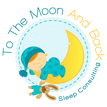
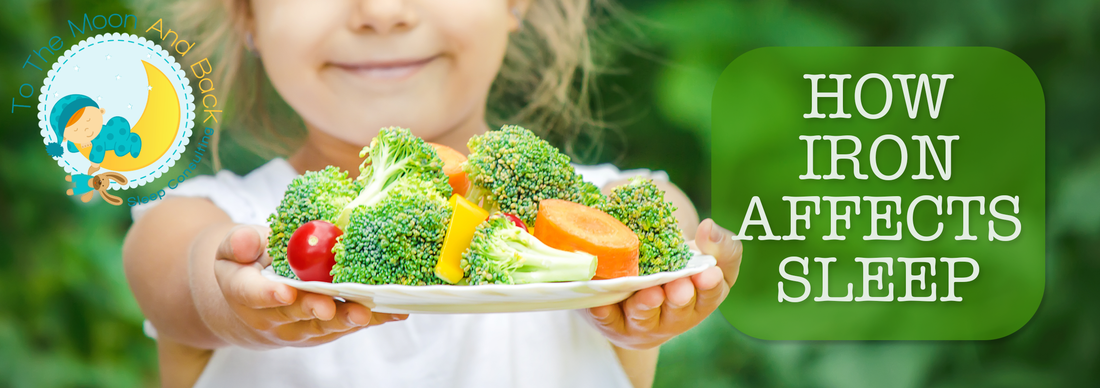
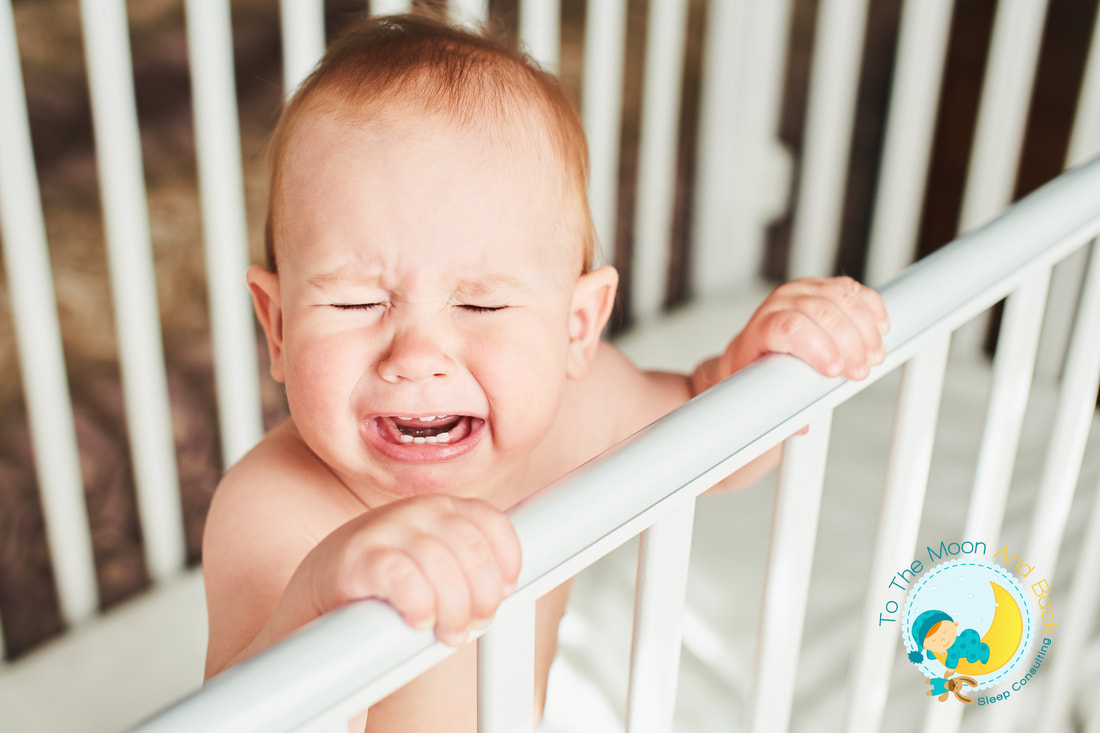
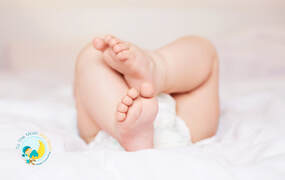
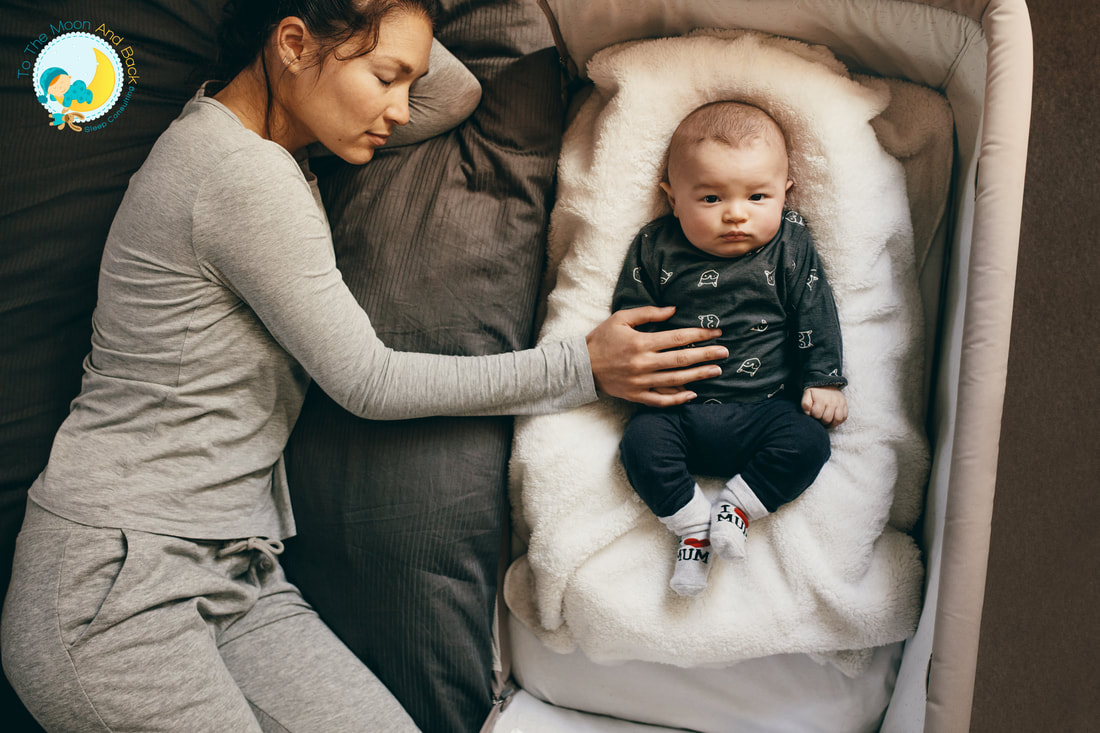
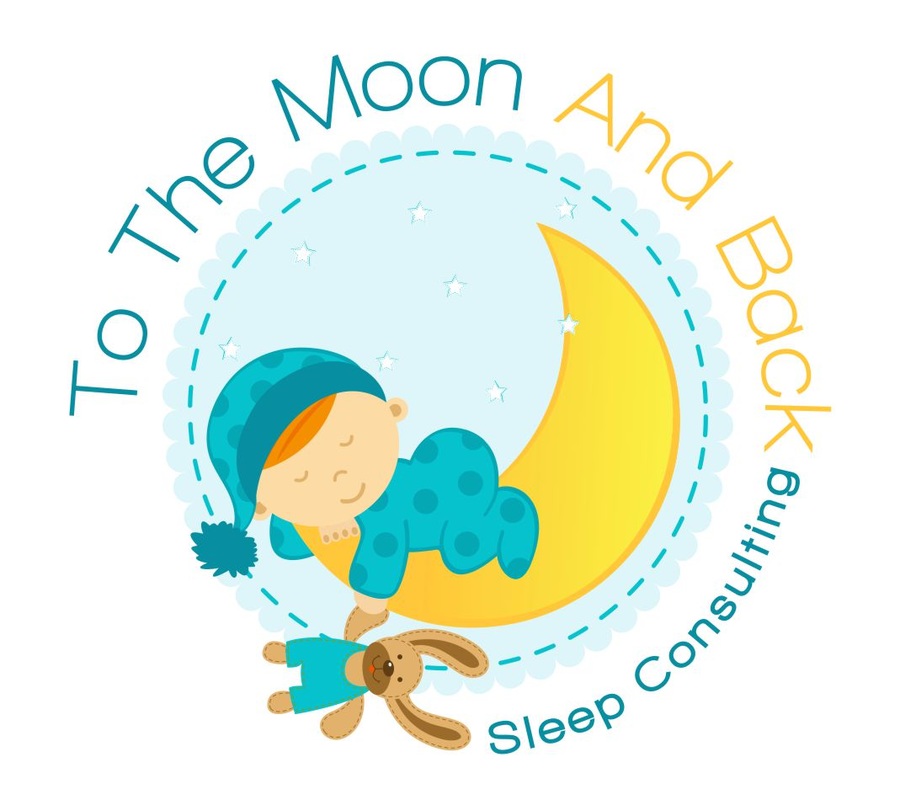
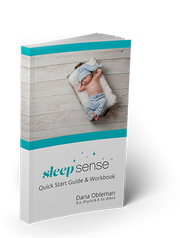
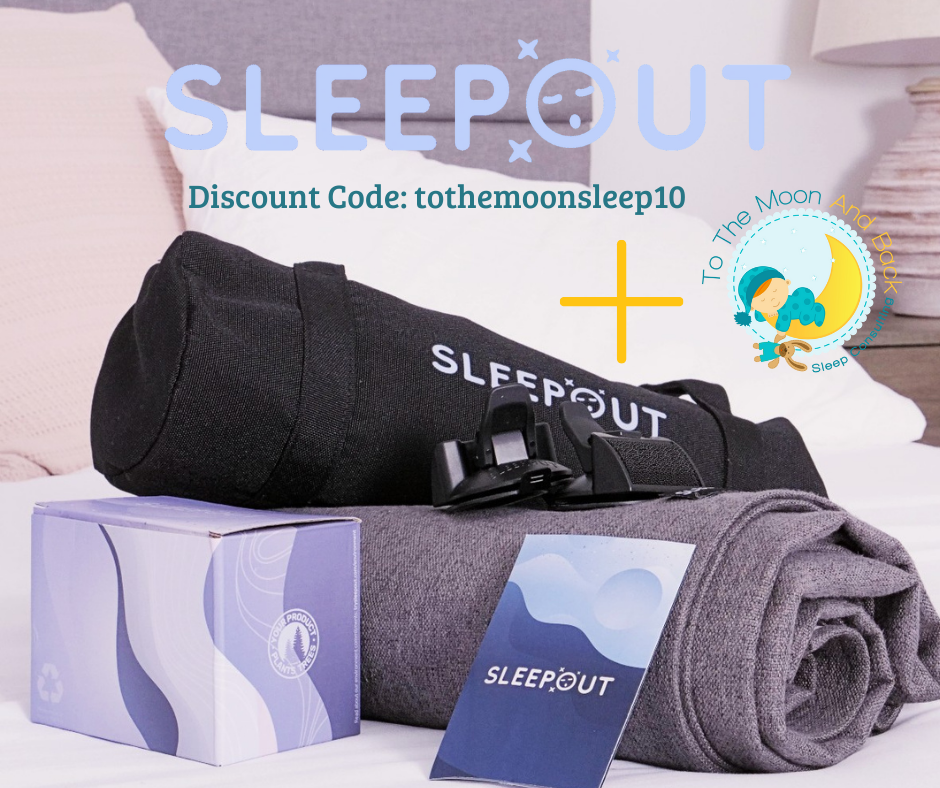


 RSS Feed
RSS Feed
